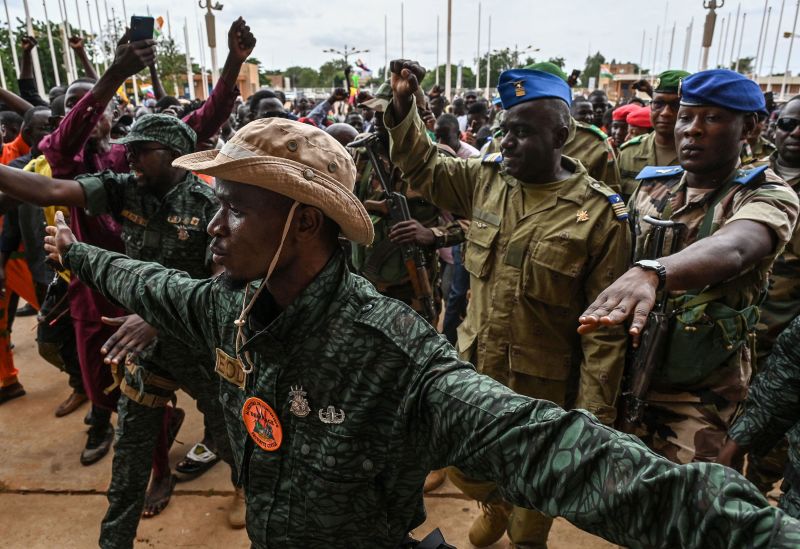On April 14, 2023, the Republic of Niger in West Africa announced the termination of its longstanding military cooperation agreement with the United States of America. The decision was a culmination of a series of escalating tensions between the two countries, with the Nigerien government labeling the pact as ‘profoundly unfair’.
The military agreement between the US and Niger has been in place since 2013, when Niger became a principal stakeholder in America’s counterterrorism strategy. The military cooperation stipulated the deployment of US troops and drones to combat terrorism and promote peace and stability in the Sahel region. However, over the years, a growing sentiment of dissatisfaction began to emerge within Niger, culminating in the pronouncement of the pact’s termination.
In an official statement, the government of Niger decried the agreement as ‘profoundly unfair’. The crux of their argument centered on the belief that the agreement was heavily tilted in favor of the US, with minimal benefits extending to Niger. The Nigerien government further argued that the agreement did not fully respect Niger’s sovereignty or consider its strategic interests in the region.
Throughout the agreement’s existence, Niger bore the brunt of numerous deadly attacks by extremist groups, a situation many feared was exacerbated by the visible American military presence. The perception was that the presence of the US military provoked rather than quelled the violence, causing growing resentment among the Nigerien population. These concerns were compounded by allegations of human rights abuses by the US troops stationed in Niger.
An essential aspect of this development is the potential impact on regional security. Niger’s strategic location in the Sahel region made it a pivotal ally for the US in its counterterrorism efforts. The termination potentially leaves a vacuum that could be exploited by extremist groups prevalent in the region.
Another pivotal topic is the future of Niger’s relationship with the US. While the military agreement has ended, the two countries have shared diplomatic relations since 1960 after Niger gained independence from France. Despite the current strains, both nations may leverage on these longstanding ties and shared interests to construct a more balanced partnership, one that respects both countries’ sovereign rights and strategic interests.
Furthermore, the decision offers an opportunity for Niger to rethink its national security approach. With the termination of the US military agreement, Niger will be compelled to develop a more autonomous approach to counter-terrorism that suits its geopolitical context, a development that could see Niger strengthening its regional alliances and security apparatuses.
The international community has reacted with a variety of views to this controversial decision. Some align with Niger’s claim of an unfair agreement, arguing that it is within the nation’s right to assert its sovereignty and shape its defense policies. Others, however, express concerns about the potential negative implications on regional peace and international counterterrorism efforts.
This comprehensive breakdown in the military cooperation between the US and Niger demonstrates a significant illustrative case of global military diplomacy. The core of the contentious issue lies in the perceived imbalance of power and benefits. Therefore, it underscores the necessity for future international agreements to maintain equal respect and consideration for the interests of all participating nations.




